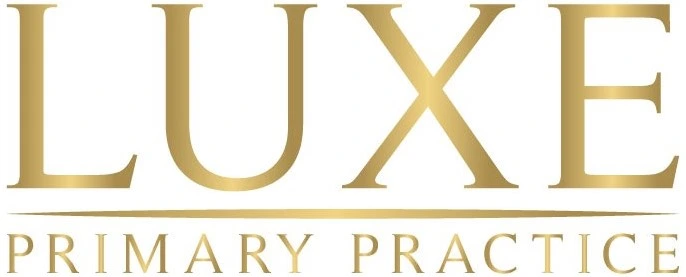Understanding Acute Office Visits: Prompt Treatment for Sudden Health Issues
Understanding Acute Office Visits
Acute office visits address sudden, severe, or unexpected medical conditions that require prompt attention. These visits are essential for diagnosing and treating issues that arise suddenly, such as infections, injuries, or severe pain. Unlike chronic conditions, which require ongoing management, acute conditions often necessitate immediate and targeted treatment to prevent complications and ensure swift recovery.

The Importance of Timely Medical Intervention:
Prompt medical intervention during acute office visits is crucial. Acute conditions can escalate quickly if not addressed, leading to more severe health issues. Timely diagnosis and treatment can alleviate symptoms, reduce the risk of complications, and speed up recovery. Patients should seek medical attention promptly when experiencing sudden symptoms or injuries to ensure they receive the necessary care.
Comprehensive Diagnostic Procedures:
Lifestyle modifications are another critical aspect of managing chronic diseases. A balanced diet tailored to the specific condition can significantly impact disease progression. For instance, diabetics benefit from low-sugar diets, while those with hypertension may require low-sodium diets. Regular physical activity also plays a vital role, helping to control weight, improve cardiovascular health, and enhance overall well-being. Exercise plans should be customized to fit individual capabilities and limitations, ensuring that they are both safe and effective. Additionally, quitting smoking and reducing alcohol intake are essential steps in managing many chronic conditions, particularly respiratory and cardiovascular diseases.
Effective Treatment Strategies:
Treatment during acute office visits varies widely depending on the condition being addressed. It may include medication, such as antibiotics for infections, pain relievers for injuries, or other specific treatments tailored to the diagnosis. In some cases, minor procedures or wound care might be necessary. The primary goal is to relieve symptoms, address the root cause of the condition, and prevent further complications.
Patient Education and Follow-Up Care:
Educating patients about their condition and the prescribed treatment is a vital component of acute office visits. Patients need to understand how to take their medications correctly, recognize signs of improvement or worsening, and know when to seek further medical attention. Follow-up care is often necessary to monitor progress, ensure the effectiveness of treatment, and make any needed adjustments.
Utilizing Technology for Better Outcomes:
The integration of technology in acute care has enhanced the efficiency and effectiveness of office visits. Electronic health records (EHRs) enable quick access to patient history, aiding in accurate diagnosis and treatment planning. Telemedicine options can provide initial consultations and follow-up care, increasing accessibility for patients and ensuring they receive timely support and guidance.
Creating a Supportive Environment:
A supportive and responsive healthcare environment is crucial for managing acute conditions. Healthcare providers should prioritize clear communication, empathy, and patient-centered care. Patients often feel anxious or distressed during acute health episodes, and a compassionate approach can significantly enhance their experience and outcomes.
Conclusion
For exceptional care during acute office visits, visit Luxe Primary Practice Clinic in Bellaire, Houston. Our dedicated team of healthcare professionals is committed to providing prompt, accurate, and compassionate care for all your urgent health concerns. We utilize the latest diagnostic tools and treatment strategies to ensure you receive the best possible care. At Luxe Primary Practice Clinic, your health and well-being are our top priorities. Contact us today to experience comprehensive and personalized acute care.
